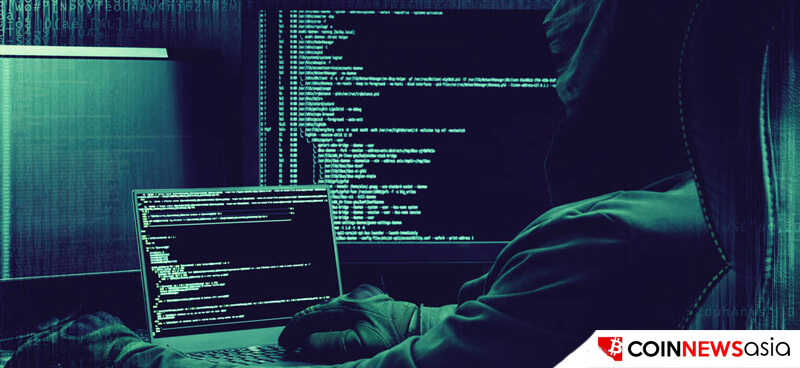Join Our Telegram channel to stay up to date on breaking news coverage
How to Safely Use Pre-alpha Stage Innovation
Image by Tim Walker
What if in 1783, the year of the first demonstration of the hot-air balloon, someone would have come across the idea the devices are great for visual presentation of just any message including commercial announcement or political will? Could the foods riots of 1795 outcome be different? How would people back then react if they learned that the intended purpose of this great and genius invention has never become practically meaningful? Would Montgolfières be pleased knowing their device still works fine today, centuries later, but mostly as a toy or a banner at a gas station?
In this post, I would like to discuss whether an average company can benefit from the decentralized autonomous organization (DAO) concept today, before it is well tested. DAO seems to be one of the greatest innovations of the decade. Such an organization rids the playing field of bureaucracy and other types of friction, while benefiting transparent operations and owner relations. You may come across a “no-boss organizations” reference to the DAO concept, but that is a misunderstanding. DAO’s voting and management rules can be designed just as you like; the key difference from an incumbent type of organization is that in DAO there are rules, but those rules cannot be ignored, and implementation of rules is transparent.
Technically, DAO operates through so-called “smart contracts”—a programmable object, a resident of a blockchain, that can automatically facilitate, verify, and enforce the performance of pre-set agreements and rules. If DAO is run over a public blockchain such as Ethereum, it may inherit its core properties—immutability, “trustless-ness”, and transparency. While several frameworks for DAO implementation already exist, the concept is yet to be practically proven.
Spoiler: my idea is that DAO is already an excellent and unusual marketing tool, while the use of DAO in line with its intended purposes so far looks questionable.
Besides bringing somewhat ideologically-charged innovations such as ultimate transparency, immutability, and decentralization, DAO concept development may have far-reaching technical consequences. Today, even the most advanced enterprise management systems are still run on manual/brain labor. It’s like architects without AutoCAD, like logistics industries without GPS monitoring. It’s hard to overestimate the upgrade in management we can get from by-DAO-accumulated big data and machine learning results based on that.
The hardcore version of the DAO concept implies an autonomous form of existence, without any participation or supervision from the government. However, a hybrid approach—when there is no tight regulation in the usual sense, and at the same time the law is not violated—is likely to become the most used. As this is happening in the Bitcoin business environment now, the same kind of quiet and soft chaos is expected to emerge in the DAO business landscape.
DAO is obviously a brilliant concept that is seriously undervalued. For applied economics, DAO looks even more important than Bitcoin itself, which is merely a reinvention of the concept of money, whereas DAO is a reinvention of the concept of business relations in general. Relations are surely a broader thing than money. One could barter for business, for example. For some reason, in the course of the blockchain revolution, we have prioritized less important stages leaving more important ones comparatively underdeveloped.
Any elementary act of economic interaction involves the following three stages:
The first tier in the process of establishing an act of economy activity is finding out who you are actually dealing with. Anonymous, intentionally stealth transactions are a marginal minority, regardless of the
Join Our Telegram channel to stay up to date on breaking news coverage


